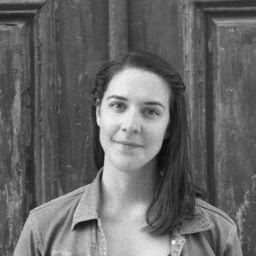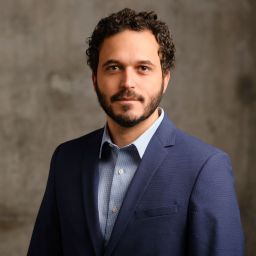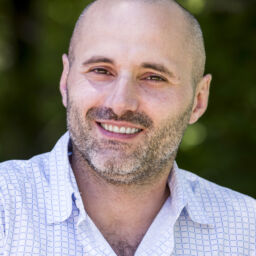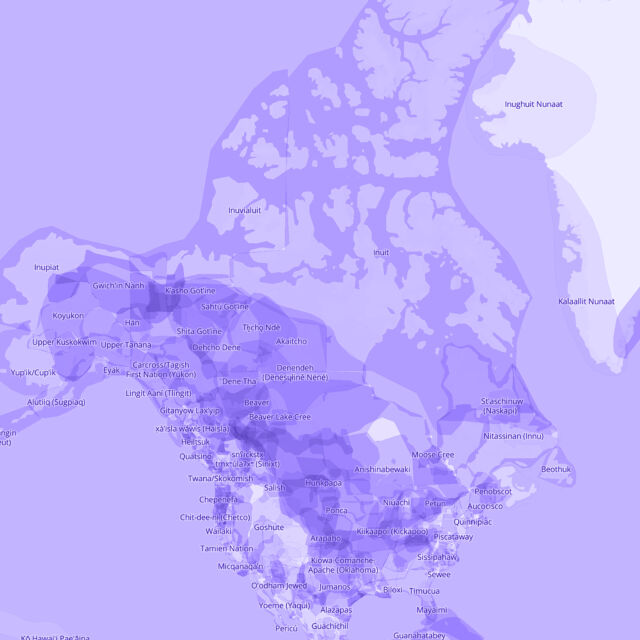- Current Issue
- Monitor Online
- Reports
- Behind the Numbers
- Our Schools / Our Selves
-
- 2SLGBTQ+ Equity
- Agriculture & Farming
- Alberta
- Alternative Federal Budget
- Anti-Black Racism
- Behind the Numbers
- Beyond Recovery
- Book Review
- British Columbia
- Child Care & Early Education
- Cities
- Climate Change
- COVID-19
- Culture
- Data Dashboards
- Degrowth
- Democracy & Electoral Rights
- Digital Divide & Internet Policy
- Disability Justice
- Economic Growth
- Education
- Federal Budgets
- Food Justice
- French
- Gender Equality
- Globalization
- Health Care
- Housing & Homelessness
- In Conversation
- Indigenous Rights
- Inflation
- International Politics
- Just Transition
- Labour & Worker's Rights
- Living Wage
- Manitoba
- Media Democracy
- Migrant Rights
- Minimum Wage
- Monitor Online
- Monitor Print
- Neoliberalism
- New Brunswick
- Newfoundland and Labrador
- Newsletters
- Nova Scotia
- Ontario
- Our Schools Our Selves
- Post Secondary Education
- Poverty & Inequality
- Precarious Work
- Prince Edward Island
- Protest & Social Movements
- Provincial Budgets
- Public Services & Privatization
- Quebec
- Racial Equity
- Reports
- Saskatchewan
- Seniors & Long-Term Care
- Shift Storm
- Social Determinants of Health
- Tax Policy & Tax Fairness
- Trade
- Unemployment & Underemployment
- Urban Space & Right to the City
Archives
The Big Ideas Issue
November/December 2021 Issue
From the Editor
Big ideas to kick at the darkness
Self accountability is the first step in creating a broader language and landscape in which transformative justice can thrive.
In this Issue
Land back: Unsettling the original injustice
Land back. Two words simple in premise and profound in meaning.
Oppression will try to steal your ability to dream. Don’t let it.
The COVID-19 pandemic has had a disproportionately high impact on Black communities. It’s exceptionally difficult to produce a vision of freedom in such rough times. But we must keep freedom dreaming.
Access after COVID-19: How disability culture can transform life and work
The COVID-19 crisis has revealed the necessity of changing people’s taken-for-granted understandings of disability, to provoke a transformation in how people perceive living with disability and difference.
The zero-carbon suburb
It’s not just heat pumps and electric cars. To truly decarbonize, we need to reimagine how we live, starting with urban sprawl.
Canada’s crisis of democracy
What is the point of a political system that ignores the needs of its people during a crisis?
We need bold action.
COVID-19 didn’t kill neoliberalism; we must do it ourselves
It is becoming increasingly clear that our 40-year nightmare is not over. It's up to us, argues Tranjan, to end it once and for all.
A well-being approach to governance
The COVID-19 pandemic has made clear the strong connections between health and broader social, economic and political circumstances. It's time for a well-being approach to governance that is capable of addressing these connections.
Settler Work: Understanding the Gustafsen Lake Standoff
Twenty-six years later, Gustafsen Lake remains unexamined and governments unaccountable for the largest show of military force against Indigenous land defenders in Canadian history.
Contributors
Authors appearing in this issue

Róisín West
Róisín (they/she) is the Senior Editor of the Monitor and Behind the Numbers. They write about disability and accessibility, civic engagement, and media. Find them on Twitter at @RoisinWest.

Anthony Morgan
Anthony N. Morgan is a Toronto-based human rights lawyer, policy consultant and community educator.

Andrée Forest
Andrée Forest (elle/she/her) is francophone Métis from Red River and is engaging in her history through beading, writing and building community. She is the project coordinator for the Manitoba Research Alliance at CCPA-MB.

Eliza Chandler
Eliza Chandler (she/her) is an assistant professor in the School of Disability Studies in Toronto where she teaches and researches in the areas of disability arts, critical access, social movements, and crip necropolitics.

Lacey Croft
Lacey Croft (she/her) is completing her PhD in Sociology at York University while working as a research assistant at Re·Vision Centre for Art and Social Justice. Her research focuses on the invisible labour of displaced, disabled, and other vulnerable workers. Find her on twitter at @LaceyCroft

Elisabeth Harrison
Elisabeth Harrison (she/her, they/them) is a research associate at the Re·Vision Centre at the University of Guelph. She is completing her PhD in Critical Disability Studies at York University. Find them on twitter at @elisabethalicee.

Carla Rice
Carla Rice (she/her, they/them) is a Tier I Canada Research Chair in Feminist Studies and Social Practice at the University of Guelph. Her research focuses on disability and non-normative embodiments, feminist intersectionality studies, and arts-based methodologies. Rice founded Re•Vision: The Centre for Art and Social Justice, a research creation centre that explores how communities can mobilize the arts to deepen public dialogue and advance social justice.

Ricardo Tranjan
Ricardo Tranjan (he/him) is a political economist and senior researcher with the Canadian Centre for Policy Alternatives’ Ontario office. He is the author of The Tenant Class. Find him on Twitter at @ricardo_tranjan and on Instagram at @ricardotranjan.

Sandy Hudson
Sandy Hudson (she/her) is an activist, multidisciplinary creative and writer with a talent for inspiring others to imagine just futures. The founder of the Black Lives Matter movement presence in Canada andBlack Lives Matter – Toronto, Sandy also co-founded theBlack Legal Action Centre, a specialty legal aid clinic, which provides direct legal services and test case litigation for Black communities in Ontario, Canada. Sandy is currently based in Los Angeles and serves as an international organizer for Black Lives Matter – Grassroots and the Director of Strategic Planning for the Wildseed Centre for Art & Activism. Find her on twitter at @sandela

Hadrian Mertins-Kirkwood
Hadrian Mertins-Kirkwood (he/him) is a senior researcher at the CCPA, where he focuses on international trade and climate change policy in Canada. Follow Hadrian on Twitter at @hadrianmk. He runs the Shift Storm newsletter about work and climate change—sign up for it here.

Lindsay McLaren
Lindsay MacLaren (she/her) is a Professor at the University of Calgary and a Research Associate with the Canadian Centre for Policy Alternatives National Office.

Alex Himelfarb
Alex Himelfarb (he/him) is the chair of the CCPA national office board, former Clerk of the Privy Council and academic, and chair or member of several voluntary sector organizations.

Nick Falvo
Nick Falvo (he/him) is a Calgary-based research consultant with a PhD in Public Policy. Fluently bilingual (English/French), he is also a CCPA Research Associate who specializes in affordable housing and homelessness. Follow him on twitter at @nicholas_falvo
Show your support
We provide you with groundbreaking and timely progressive commentary and analysis on the key policy issues of the day. Help us keep the online Monitor free from paywalls. Donate a minimum of $35 today and you’ll also receive the print Monitor magazine in your mailbox six times a year.
Support the Monitor










